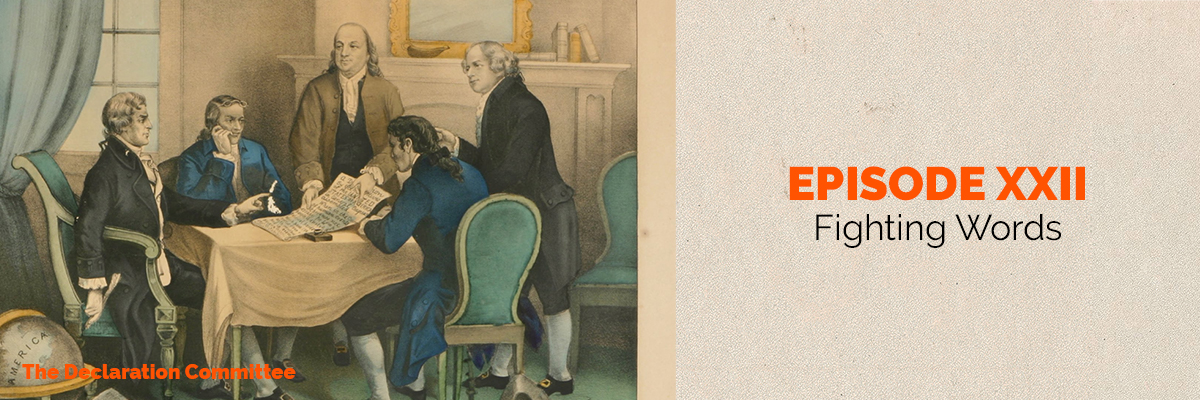In the second half of the 18th century, American Patriots show that freedom of the press is a potent weapon against authority. Not even the world’s most formidable empire can stop them from speaking truth, lies, and insults to power.
In 1765, the announcement of the Stamp Act kicks off a tsunami of dissent in Colonial pamphlets, newspapers, taverns, and town meetings. The outpouring of protest shapes a public opinion increasingly hostile to taxation without representation and in favour of popular sovereignty. Additional taxes and disabilities imposed by Parliament further radicalizes the Patriot side and the anti-British propaganda. The revolutionary dissent includes both principled arguments, pamphlet wars, slander, and some genuine “fake news.”
Since prosecutions for seditious libel have effectively been abolished by the Zenger case in 1735 (see episode 21), the British are powerless to stop the onslaught of Patriot fighting words. More than ever, press freedom has become the “Great Bulwark of Liberty.”
Though Patriots constantly invokes the principle of freedom of speech, Loyalist printers and newspapers are subjected to the “Patriot’s Veto” through intimidation and mob violence.
Thomas Paine’s pamphlet “Common Sense” becomes a sensation and pushes many Patriot fence-sitters into the independence camp. And just before and after the adoption of the Declaration of Independence, several states protects freedom of the press in rights declarations.
